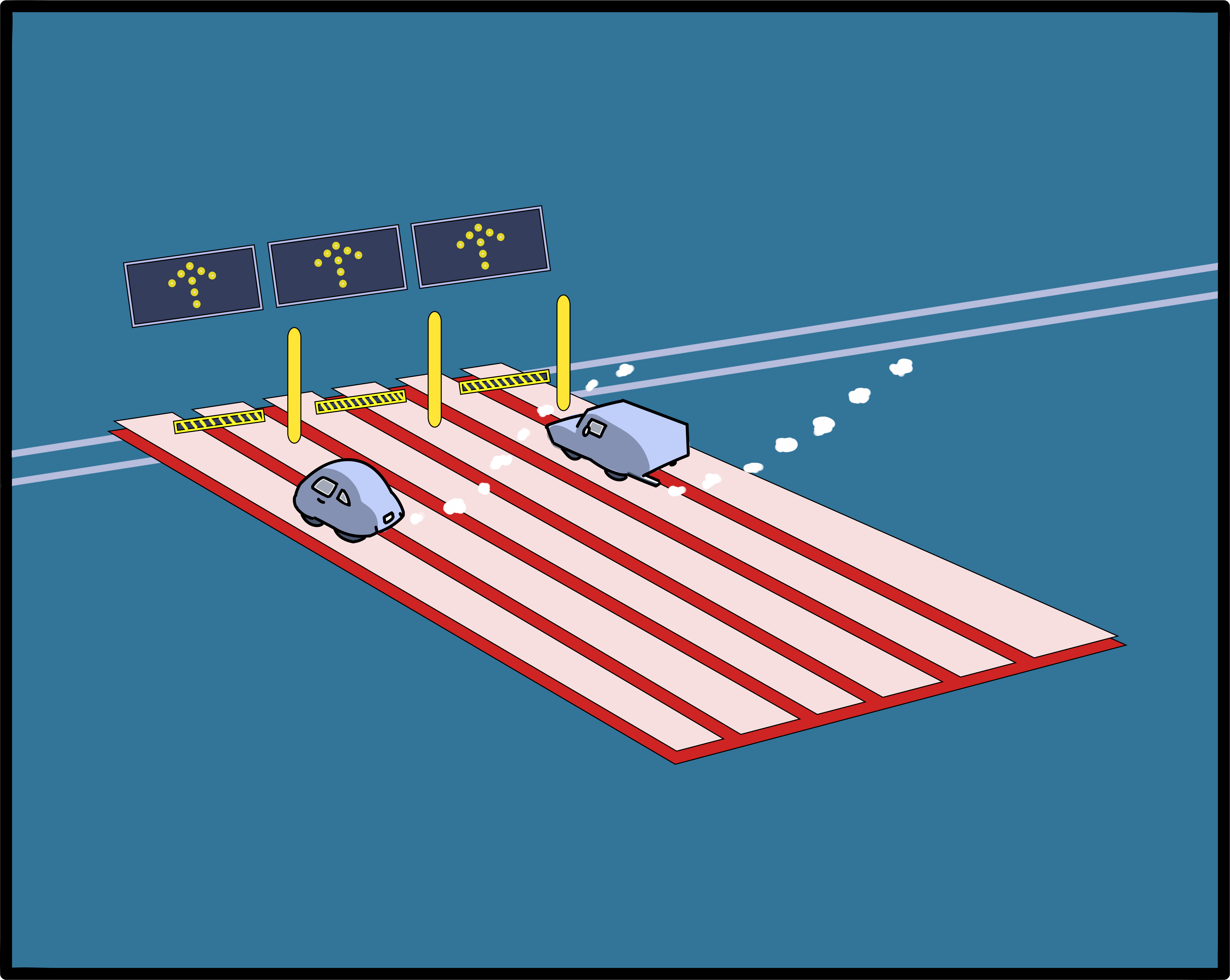Some hopeful travelers say that the opportunity to cross the U.S./Canada land border should have happened a while ago
The world’s longest undefended land border will re-open to fully vaccinated Canadians for non-essential travel on Nov. 8.
The land border between Canada and the United States first closed on March 20, 2020. After 19 months, those with American friends and family or those just looking to get some cross-border shopping done will now be able to cross the land border.
The news was a welcome breath of fresh air.
Breanna Sherman, 23, normally visits her family in Florida once a year for the holidays, but border closures have barred her from doing so.
“This December, it will have been two years since we last saw them,” said Sherman.
Among the family who Sherman has missed is her cousin’s newborn daughter, born in May 2020, which the pandemic has kept her from meeting.
“I hoped I would see her in December of 2020, but that didn’t happen,” said Sherman. “When I eventually meet her now, she’ll be one and a half, not even a baby anymore, which is sad.”
“It will be fun to not only be in Florida for the first time in two years, but also continue that tradition of driving and sitting in the car with my family for two days.”
Michelle Lam, 22, says that although she’s enthusiastic about visiting the U.S. again, the lineups she expects at the border are worrying.
“I feel like it’s going to be chaos at the border,” said Lam. “I’m kind of nervous about it.”
While air travel into the United States has remained open to Canadians with proof of a negative COVID-19 test administered three days before they travel, some feel that driving is a more affordable and easier alternative.
“Not everyone has the luxury of being able to afford to fly. It’s just more accessible to everyone that wants to travel,” said Sherman.
Lam shares Sherman’s sentiment, saying “I feel very safe travelling by land, because it’s me and my car driving across the border as opposed to flying in the States, where I have to go through an airport and sit in a tube with however many people for X amount of hours.”
Before travellers get ready to hop over the border for a weekend, there are a few details to pay attention to.
All travellers, whether coming in by land, sea, or air, must be fully vaccinated in order to enter the United States and are required to show their proof of vaccination.
After speculation, the United States confirmed that travelers with a combination of either FDA-approved doses, including Pfizer-BioNTech, Moderna and Janssen, or those approved by the World Health Organization, which include AstraZeneca, are considered fully vaccinated.
Travelers arriving by land or sea — that is by car, bus, boat, ferry or train — from the United States must provide proof of a negative PCR test taken 72 hours of their expected arrival into Canada.
The news of the re-opening did not come without criticism from hopeful travelers.
“It really makes no sense to me that it’s taken the U.S. this long to open the border,” said Sherman. “Not only are our vaccination rates way higher, but they could have just asked for proof of vaccination and a recently negative Covid test.”
The Canadian government reopened its land border to U.S. travelers in early August. As it currently stands, 74 per cent of Canadians are considered fully vaccinated, compared to 57 per cent of Americans.
Lily Cowper is a dual-citizen of the U.S. and Canada. She has flown to Florida and Virginia twice to visit her family since May 2021. Her travels did not come without complications.
“Everytime I went, there was so much drama,” said Cowper.
Cowper said that the cost and requirements for COVID-19 tests made visiting her family in the U.S. a cyclical headache.
“Every time I went back and forth, I had to pay hundreds of dollars extra and had to change my flight,” Cowper explained.
Cowper and her boyfriend went to visit her family in Virginia in September. After taking multiple tests to ensure they received results in time for their return flight to Canada, the test that did come on time contained a lab error. As a result, they were turned away from their flight.
Cowper says that she and her boyfriend each paid the equivalent of $300 CAD to receive a last-minute airport test to re-enter Canada.
“I’m happy that they’re finally opening up [the land border] and I hope they drop the testing requirement,” said Cowper.
The option to cross the land border into the U.S. without proof of a negative COVID-19 test is a cost-effective decision that Cowper says should have happened a while ago.
“It’s about time. Why are we constantly living in the past if we’re vaccinated?”
For Cowper, the opportunity to get in her car and drive to the U.S. could not come sooner. She says that the re-introduction of a more simplified way of travelling from one country to another is necessary.
“This whole two years has been so complicated, the rules are always changing, they don’t make sense,” Cowper added. “All I want to do is visit my family.”
Graphic by James Fay
